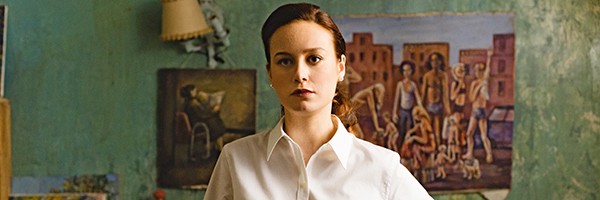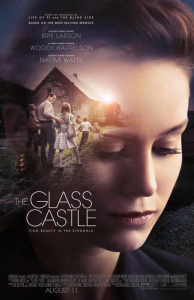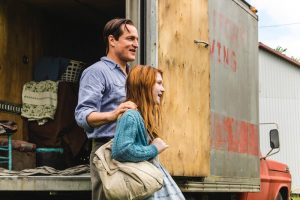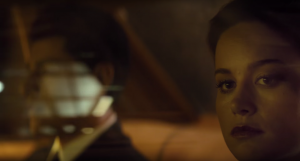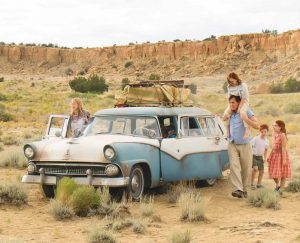Directed by Destin Daniel Cretton | Written by Cretton and Andrew Lanham, based on a book by Jeannette Walls | 127 min
From the writer-director and star of Short Term 12 comes an entirely different beast, a family melodrama based on a true story: 1980s New York gossip columnist Jeannette Walls (Brie Larson) is engaged to a accountant (Max Greenfield) and embarrassed by her parents, Rex and Rose Mary (Woody Harrelson and Naomi Watts), who are living on the streets. Turns out, Jeannette has good reason to be embarrassed beyond vanity: Much of the film flashes back to the ’60s and ’70s when she, her parents, and multiple siblings lived an itinerant lifestyle. Rex is an anti-establishment warrior, but he’s also an alcoholic, abusive and barely able to provide for his kids, and much of the drama comes from his terrorizing his children and fighting to control his addictions.
Structurally, there’s not much here that’s fresh, which is surprising given Short Term 12, another story of kids banding together in crisis, was so immediate and effective. The Glass Castle unfortunately hits a lot of the cliches Short Term 12 so deftly avoided. After the first 20 or so minutes I was ready to call this a clumsy disaster, with obvious, predictable dialogue and too many plot contrivances.
But something happens: The performances begin to win out. The child actors are terrific, especially Sadie Sink and Ella Anderson, and their struggles with their father, their togetherness in response to his anger and violence, is moving. About halfway in I was absolutely on board, with Harrelson giving the kind of performance that carries whole sections of the picture. It’s big and it’s blunt, but it’s heartfelt. And it’s great to see Presdestination‘s Sarah Snook again, as Jeannette’s adult sister.
But this movie only works sporadically, even with these performances. We get to take home a sweet, pervasive message of love and forgiveness overcoming parental cruelty, but that doesn’t quite wash. Despite the little, late reminiscences to Jeannette’s few happier memories with her father, the film fails to convince that the horrific childhood these kids went through allowed room for much adult forgiveness, and those stakes feel a little too much the product of a self-help book to be genuine. It feels dishonest to fuel a villain with years of blood and thunder and then offer fragmented snapshots to bring us back on side in the final few minutes.
It would be interesting to know how close to fact the story falls. An ill-advised coda just before the credits roll includes photos and home-movie footage of the actual family, and even that small segment feels harder and more gritty than the story’s conclusion, stretching for some kind of silver-lining, allows. But maybe I think some things just can’t be forgiven.





